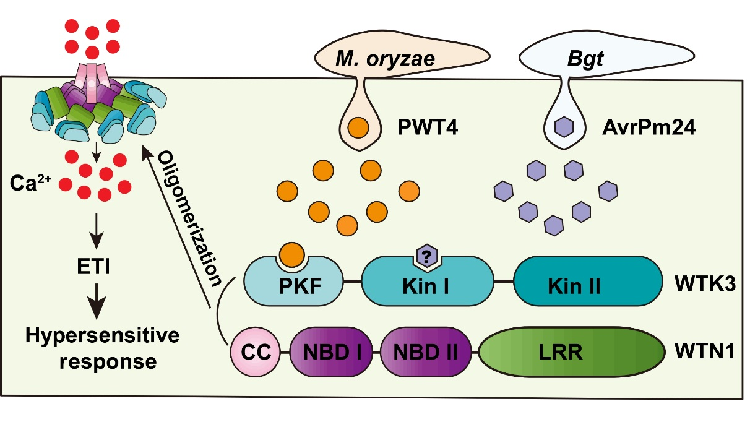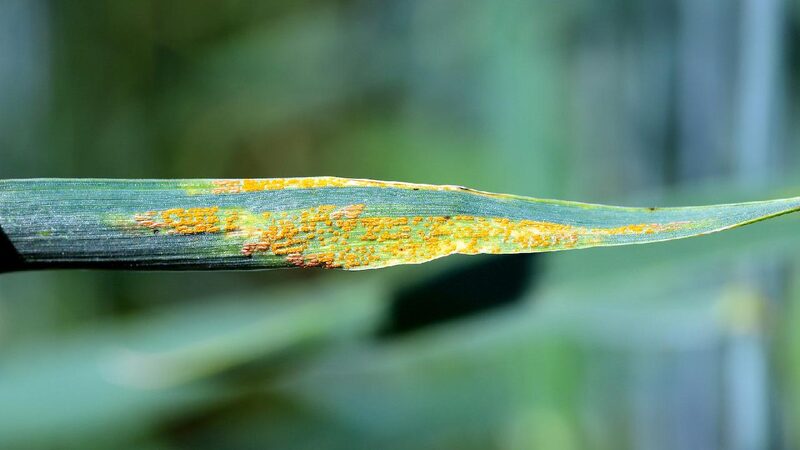Scientists have uncovered a groundbreaking immune mechanism in wheat that could revolutionize the fight against crop diseases.
A team led by Professor Liu Zhiyong from the Institute of Genetics and Developmental Biology, Chinese Academy of Sciences, along with collaborators from Nanjing Normal University, Yazhouwan National Laboratory, and Xianghu Laboratory, has discovered how wheat can fend off multiple fungal pathogens. Their research, published in Science under the title “A wheat tandem kinase and NLR pair confers resistance to multiple fungal pathogens,” reveals a novel partnership between wheat proteins that enhances disease resistance.
The key players in this discovery are WTK3, a tandem kinase protein, and WTN1, an NLR protein. Together, they detect invading pathogens and activate the wheat’s immune responses. This tandem not only protects wheat from powdery mildew but also shows potential resistance to other fungal threats like wheat blast.
“Our findings establish a new paradigm for how tandem kinases and NLR proteins work together to defend crops,” said Professor Liu. “This could pave the way for engineering wheat varieties with broad-spectrum resistance, ensuring better yields and food security.”
The research involved meticulous genetic analysis and biochemical experiments. The team found that WTK3 has two crucial modules: one recognizes the pathogen effectors, and the other interacts with WTN1 to trigger immune responses. When a pathogen attacks, this duo activates a rapid influx of calcium ions into the plant cells, leading to a defensive response that stops the disease in its tracks.
Importantly, the team has already started applying their discovery. They’ve introduced the WTK3 gene into high-yield wheat varieties through breeding techniques, creating new strains that are resistant to powdery mildew and potentially other diseases. These new wheat germplasms have been shared freely with agricultural institutions to aid in breeding programs.
This advancement is particularly significant for regions where wheat diseases severely impact crop yields. By enhancing the natural immune mechanisms of wheat, farmers could reduce reliance on chemical pesticides, leading to more sustainable agriculture practices.
The study was supported by several national programs and highlights the importance of continued investment in agricultural research. With global challenges like climate change and a growing population, such innovations are crucial for future food security.
Reference(s):
Scientists uncover novel immune mechanism of wheat tandem kinase
cgtn.com








